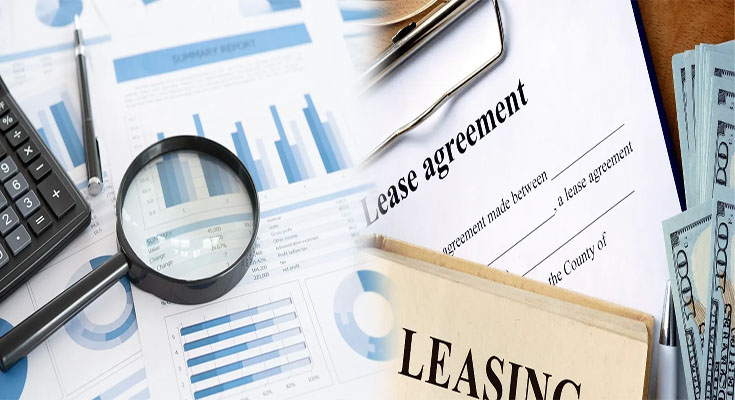
The Impact of Personal Financial Management on Long-Term Wealth
Personal financial management plays a pivotal role in determining an individual’s financial well-being and ability to build long-term wealth. By adopting effective financial practices and strategies, individuals can secure their financial futures, achieve their financial goals, and accumulate wealth over time. This article explores how personal financial management practices lead to long-term wealth accumulation.
Setting Financial Goals
One of the fundamental aspects of personal financial management is setting clear and achievable financial goals. By establishing short-term and long-term financial goals, individuals can create a roadmap for their financial journey and stay focused on achieving their objectives. Whether it’s saving for retirement, buying a home, investing in education, or building an emergency fund, having specific financial goals provides a sense of direction and purpose to one’s financial decisions.
Budgeting and Saving
Budgeting and saving are essential components of effective personal financial management. A well-defined budget helps individuals track their income and …
The Impact of Personal Financial Management on Long-Term Wealth Read More

